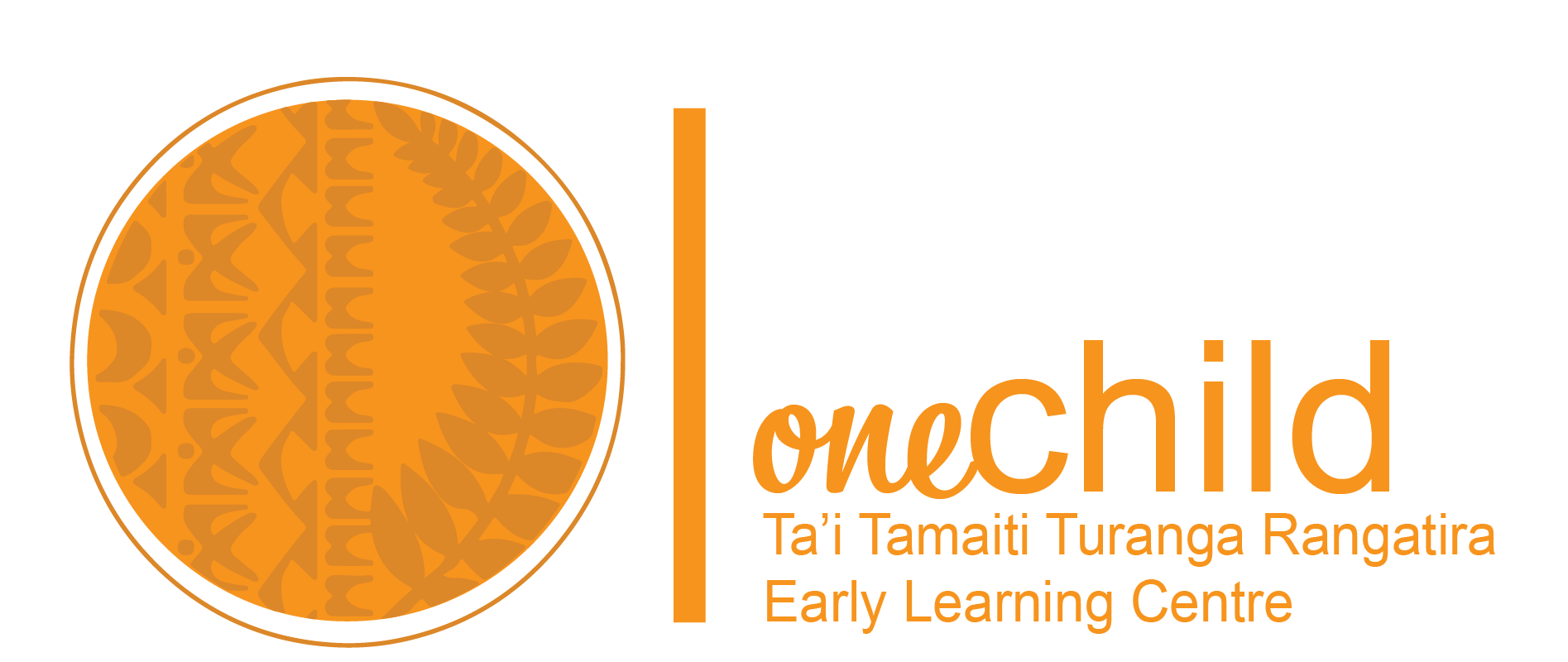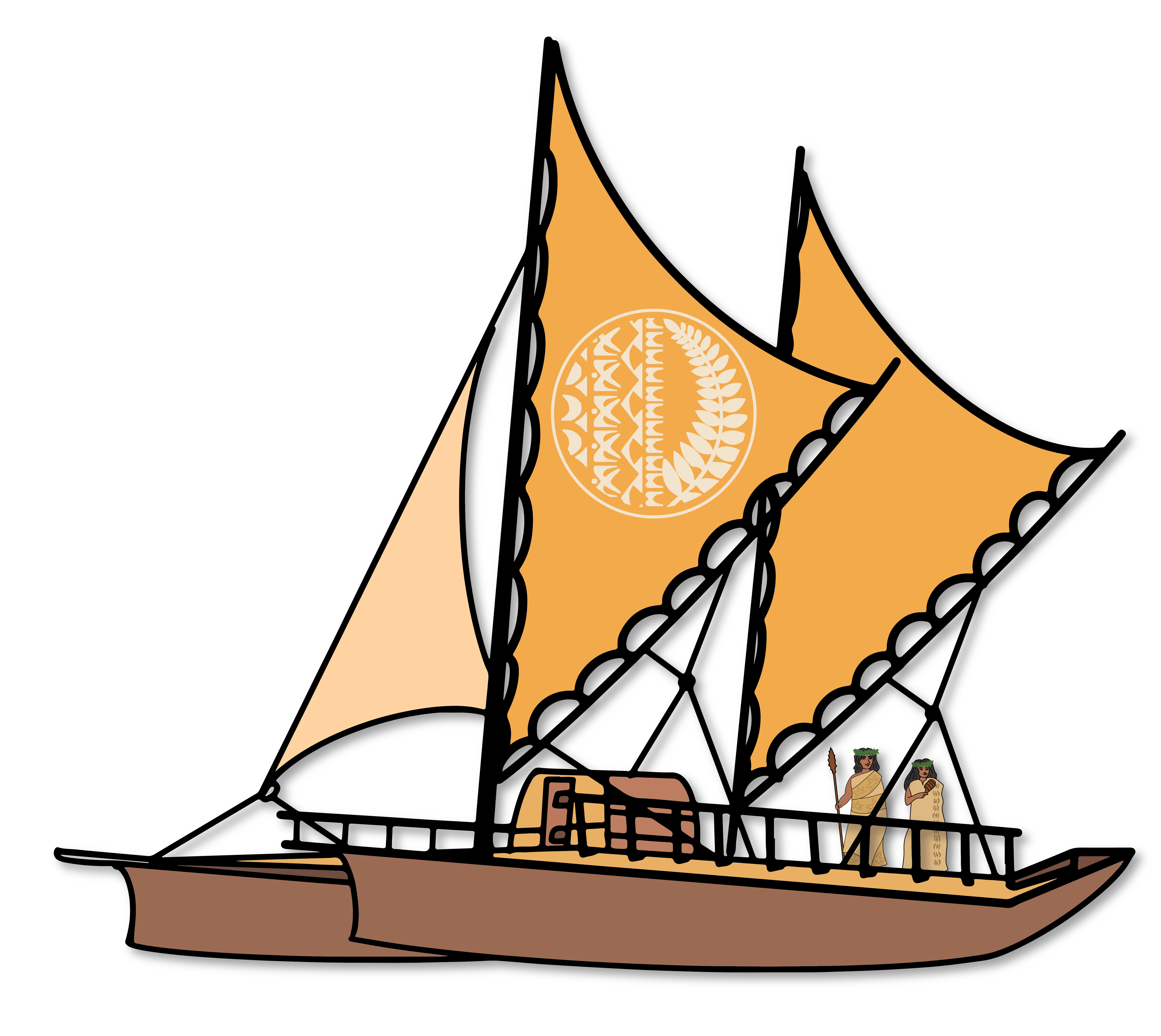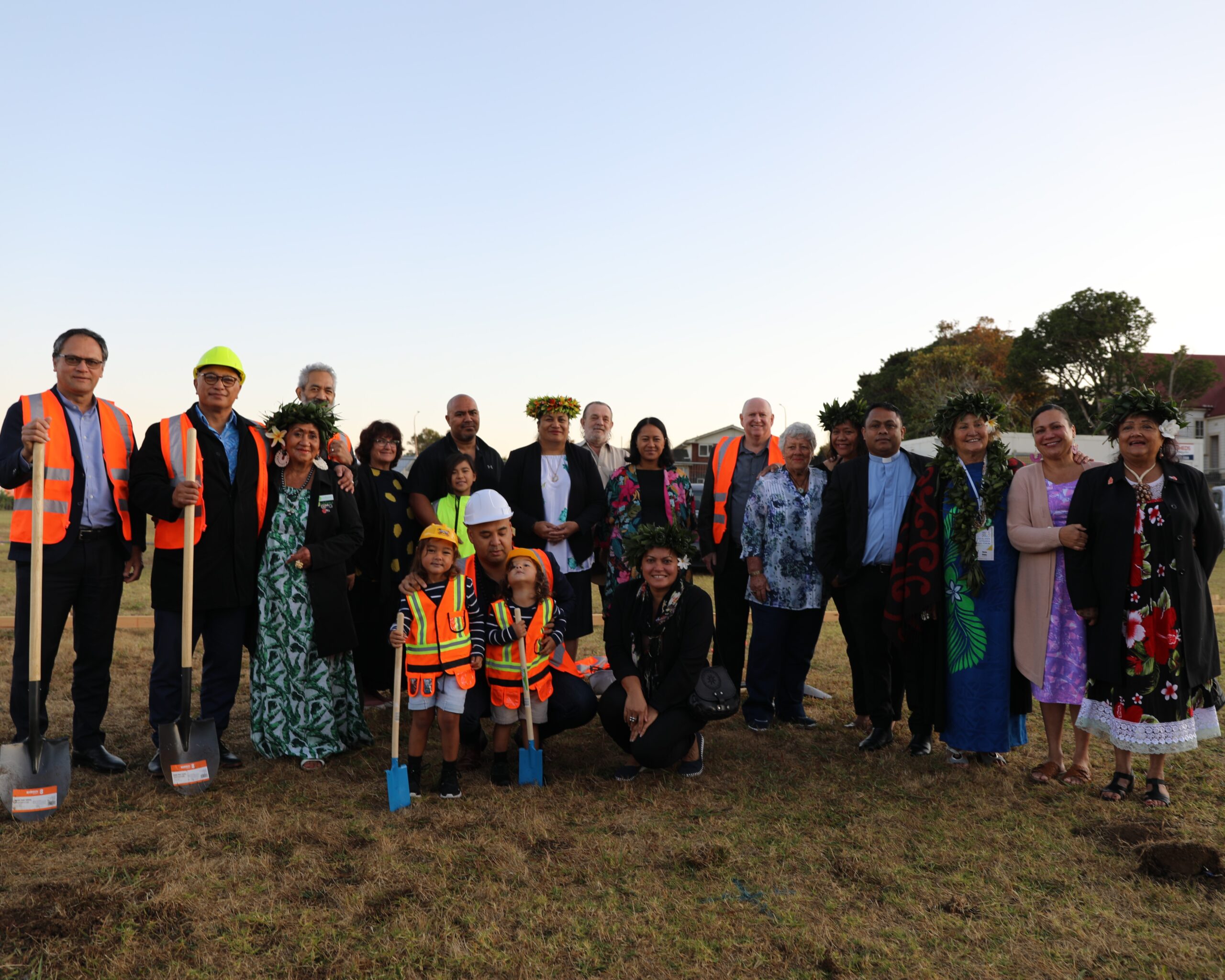Our Story
It has been a dream of many Cook Islanders to establish a total immersion Punanga Reo Kuki Airani (ECE) supported by the Cook Islands Development Agency New Zealand (CIDANZ). CIDANZ was first established as the Cook Islands Ta’okatai’anga Charitable Trust (Auckland Region) in 2001, before formerly renaming itself to the Cook Islands Development Agency NZ in 2019. CIDANZ is a charitable trust that is dedicated to the promotion of Cook Islands reo, culture, tradition, and heritage amongst other objectives. CIDANZ is the governing body of Ta’i Tamaiti Turanga Rangatira Early Learning Centre.
That dream is now realised! Groups of educators from the early childhood sector, tertiary education, and CIDANZ staff, met and discussed how to proceed to meet the needs of the Cook Islands ‘tamariki rikiriki’ (little children) through the establishment of a total immersion early childhood centre. Through the guidance and assistance of the Ministry of Education NZ (MOE), the centre build was completed in 2021 and now stands on Kirkbride Reserve, Mangere.
We recognise that most of our New Zealand born children will not be proficient in Te Reo Māori Kuki Airani which is why the centre accepts that most of those enrolled will be English speaking. The objective of this Punanga Reo is to provide quality education for our tamariki. The acquisition, retention, and enhancement of the reo, culture, tradition, and indigenous knowledge of the Cook Islands is of utmost importance in the delivery of the Early Childhood Curriculum (Te Whariki, MoE, 1996, 2016).
The hope is that the centre will be totally immersed in the Reo Māori Kuki Airani by 2030. The Cook Islands is one of the realm nations whose language is on the verge of extinction (MacCaffery & McFall-McCaffery, 2010). Glasgow (2010) a Cook Islands academic explicates that “conversation ought to happen around the conversation of indigenous knowledge and language; indigenous people must take onus to cultivate strategies and proposals to curb the “tide of Western domination and enhance traditional practices, knowledge and values”. And “early-childhood education can lead the way with pedagogical practices that embrace the Cook Islands traditional beliefs, practices and epistemology” (2010, p 132). A Cook Islands pedagogical methodology ‘arataki tua’ (storytelling) will be utilised to deliver the curriculum.
We believe this to be a worthwhile and crucial endeavour for the benefit of the Cook Islands people and our ‘tamariki rikiriki’.
Kia Manuia,
Cook Islands Development Agency NZ
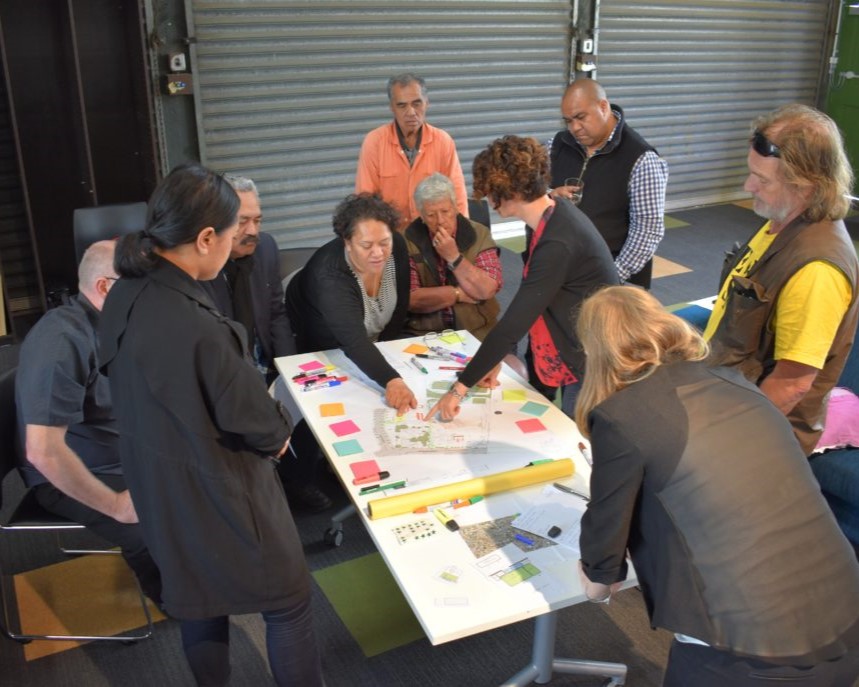
2016: Planning Session with Te Tuareka Trust, Ministry of Education, Strachan Group Architects, Auckland Teaching Gardens, and Auckland Council.
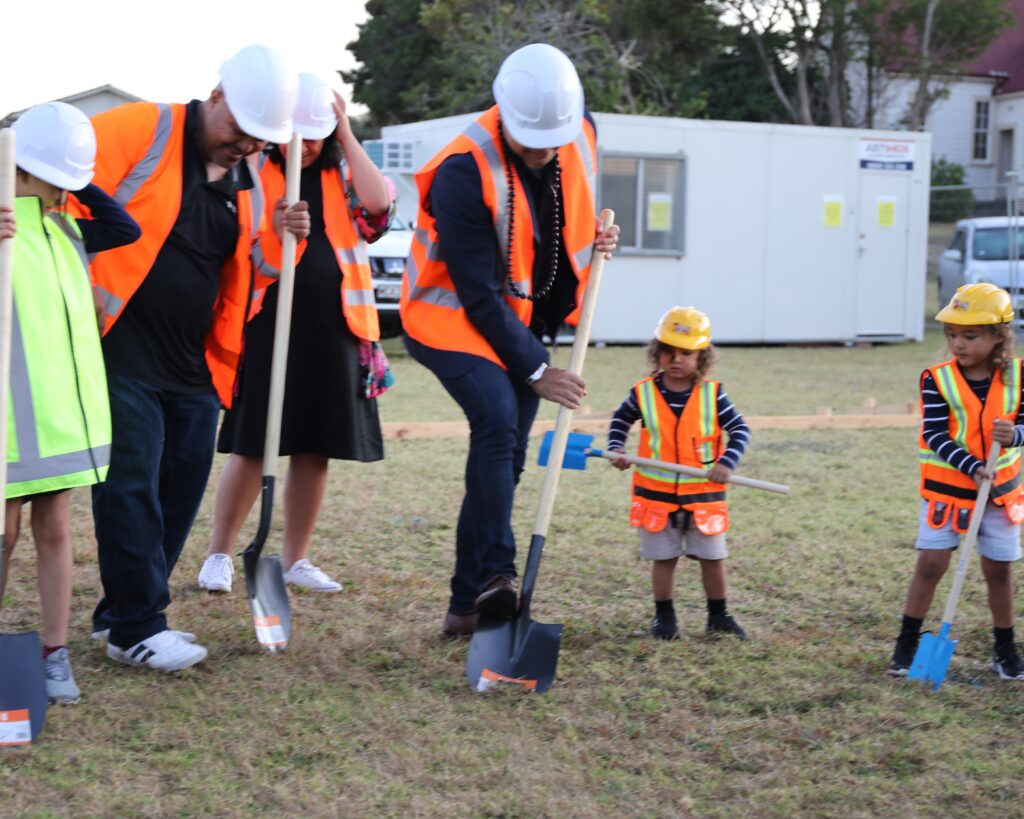
FEB 2020: Blessing and breaking ground with previous CIDANZ Chairman Henry Herman, CIDANZ Chief Executive Ina Michael & Children.
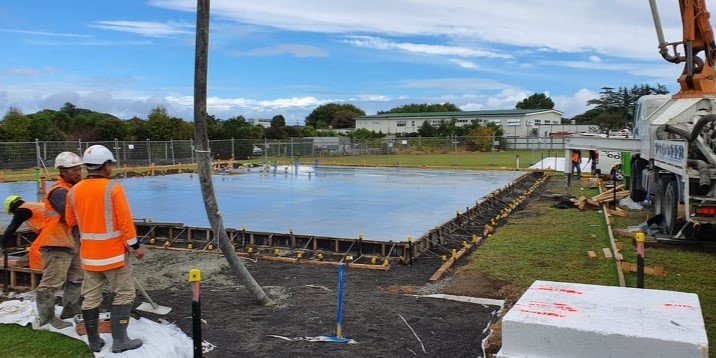
MAR 2020: Laying the foundations.
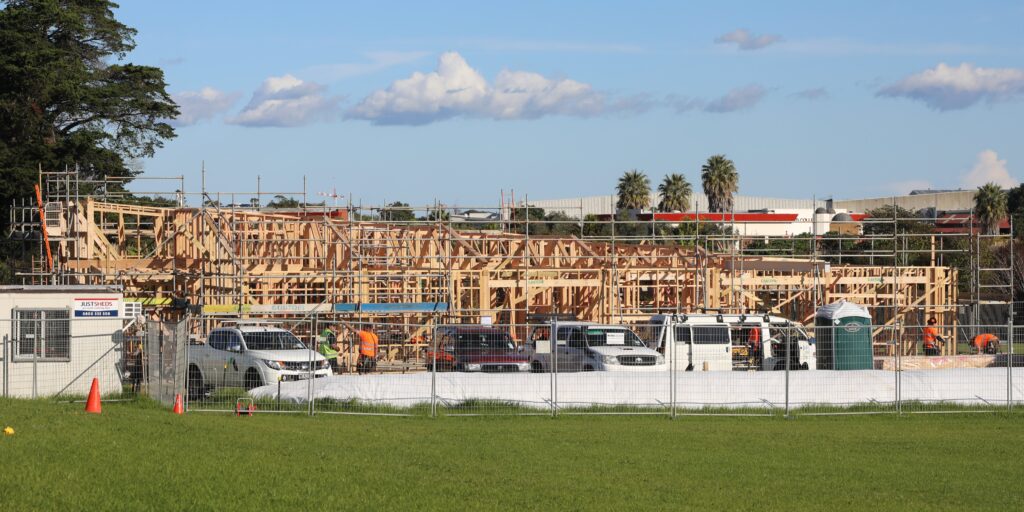
MAR 2020: Frame and body work.
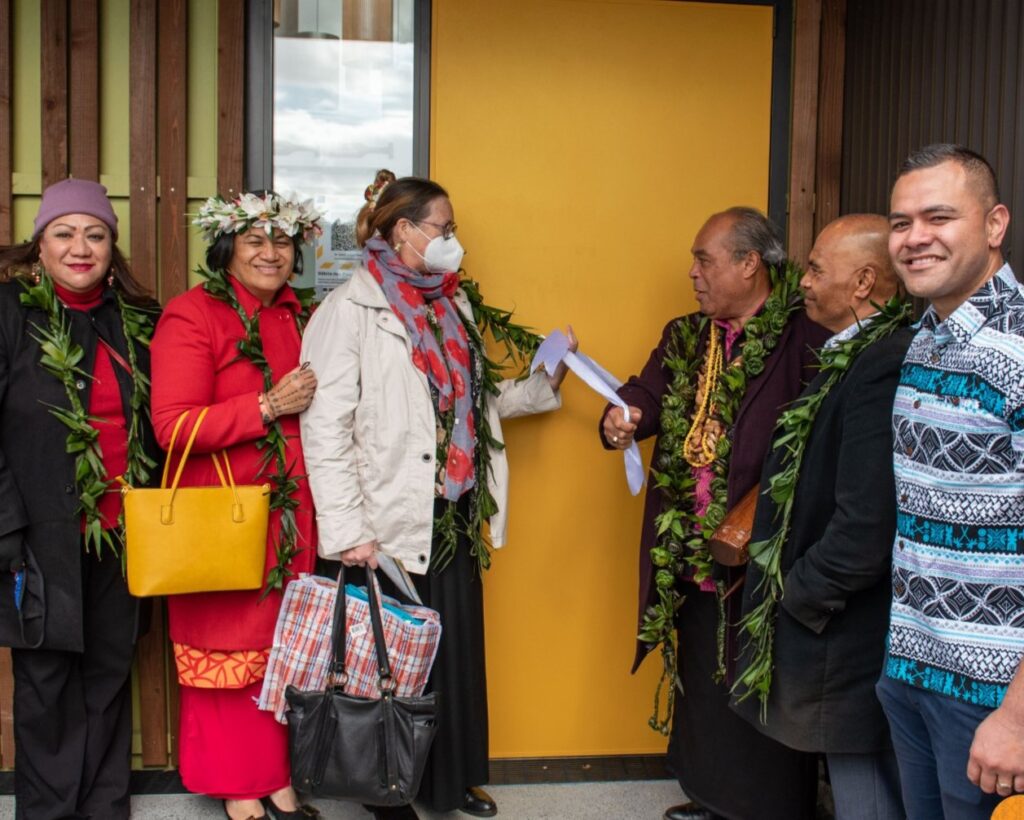
MAY 2022: Ta’i Tamaiti Official Opening by Minister Aupito Williams, Mangere-Otahuhu Local Board, all Cook Islands community partners and representatives.
